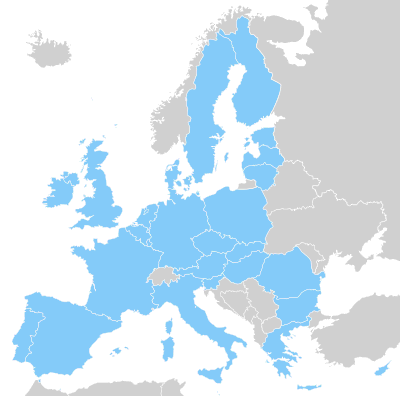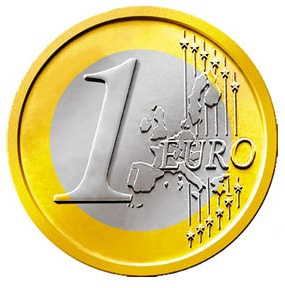


Ten years ago, people were going long on Europe. In 2002, an influential article in Policy Review described Europe as “entering a post-historical paradise of peace and relative prosperity,” even “the realization of Kant’s Perpetual Peace.” Those familiar with that article, Robert Kagan’s “Power and Weakness,” know that this was praise of a certain kind. What made this Europe possible, according to Kagan was, actually: “the United States… mired in history, exercising power [out] in the anarchic, Hobbesian world.” Though Kagan clearly did not believe that Europe circa 2002 was an illustration of Kant’s vision of human progress in history — in which the working out of our “unsocial sociability” would eventually lead to a global alliance of peaceful republics — it was the image he used. And it was a compelling one.
When that article was written, the idea of Europe as paradise was plausible. The Euro had just entered circulation, membership of the EU was about to reach for the first time behind the old iron curtain, and people were getting used to the prospect of Europe as a second superpower alongside the United States. Perhaps Kagan’s article was so influential because it suggested what few at the time believed: that what Europe had achieved in preceding decades would not easily or inevitably be repeated elsewhere in the decades to come, that European advances were themselves contingent and fragile. That power was not obsolete.


